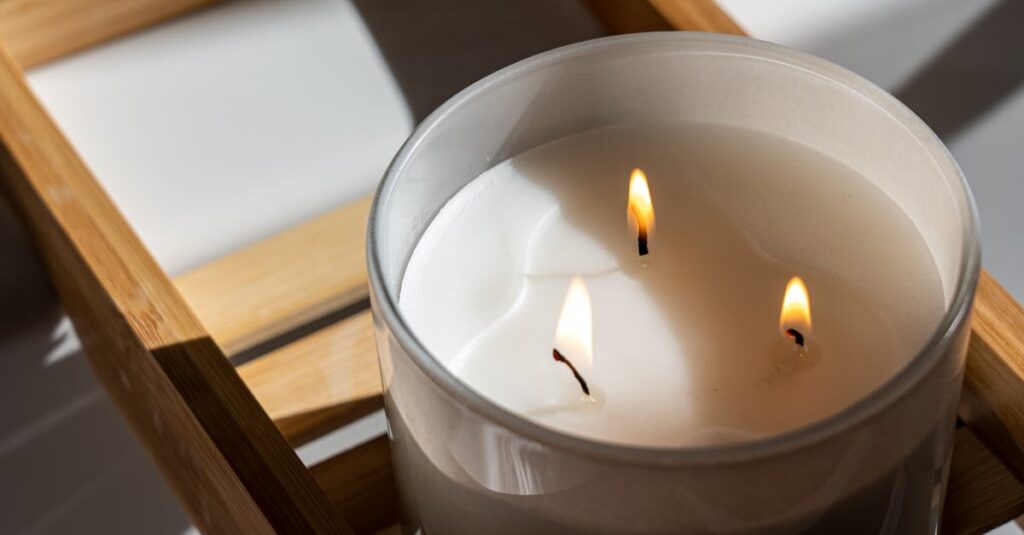Fragrances are a part of everyday life, whether in perfumes, air fresheners, scented candles, or household cleaning products. While these scents may be pleasant for many, they can be a major trigger for individuals with asthma. Strong fragrances, particularly those with synthetic chemicals, can irritate the airways, leading to breathing difficulties, wheezing, and even full-blown asthma attacks.
My Personal Experience
I recently had a firsthand experience that reinforced just how dangerous strong fragrances can be for asthma sufferers like myself. I went to a relative’s home for dinner, unaware that they had an aroma candle burning in their living room. Within just 30 minutes, I started feeling a tightness in my chest. My breathing became increasingly difficult, and soon, I was in the midst of a severe asthma attack. I had to step outside for fresh air and take my medication immediately. The experience left me shaken and served as a reminder of how easily strong fragrances can become a hidden trigger.
How Fragrances Affect People with Asthma
Many fragrances contain volatile organic compounds (VOCs) and other chemicals that can irritate the respiratory system. These substances can trigger an inflammatory response, causing airway constriction, excess mucus production, and exacerbating asthma symptoms. Common symptoms experienced due to strong fragrances include:
- Shortness of breath
- Wheezing
- Coughing
- Chest tightness
- Irritation of the throat and eyes
Some people may experience mild discomfort, while others, like myself, may suffer from severe reactions that require immediate medical intervention.
Common Sources of Fragrance Triggers
Asthma can be triggered by a wide range of scented products, including:
- Perfumes and colognes
- Air fresheners (sprays, plug-ins, and gels)
- Scented candles
- Incense and essential oils
- Laundry detergents and fabric softeners
- Household cleaning products
- Personal care products (lotions, shampoos, deodorants)
Even natural scents, like those from flowers or essential oils, can be problematic for individuals with asthma.
Managing Exposure to Fragrances
While it may be impossible to completely avoid fragrances, there are several steps asthma sufferers can take to minimize exposure:
- Communicate Your Sensitivity – Inform family, friends, and colleagues about your fragrance sensitivity to help them be more mindful of their product choices.
- Choose Fragrance-Free Products – Opt for unscented personal care, cleaning, and laundry products.
- Avoid Heavily Scented Environments – Be mindful of visiting places where strong fragrances are commonly used, such as shopping malls, salons, or spas.
- Improve Indoor Air Quality – Use air purifiers with HEPA filters to help remove airborne irritants.
- Step Outside for Fresh Air – If you find yourself in a heavily fragranced space, moving to a well-ventilated area can help reduce exposure.
- Always Carry Medication – Keep your inhaler or nebulizer handy in case of an unexpected asthma flare-up.
Conclusion
For many people, fragrances are a simple way to create a pleasant atmosphere, but for asthma sufferers, they can be a serious health hazard. My recent experience with an aroma candle was a stark reminder of how quickly asthma can escalate due to strong scents. If you have asthma, it’s crucial to stay vigilant about fragrance exposure and take steps to protect your respiratory health.
Have you ever had an asthma attack triggered by a strong fragrance? Share your experiences in the asthma friend community and let’s raise awareness together!












